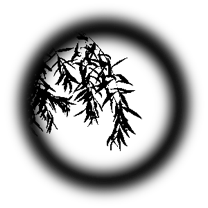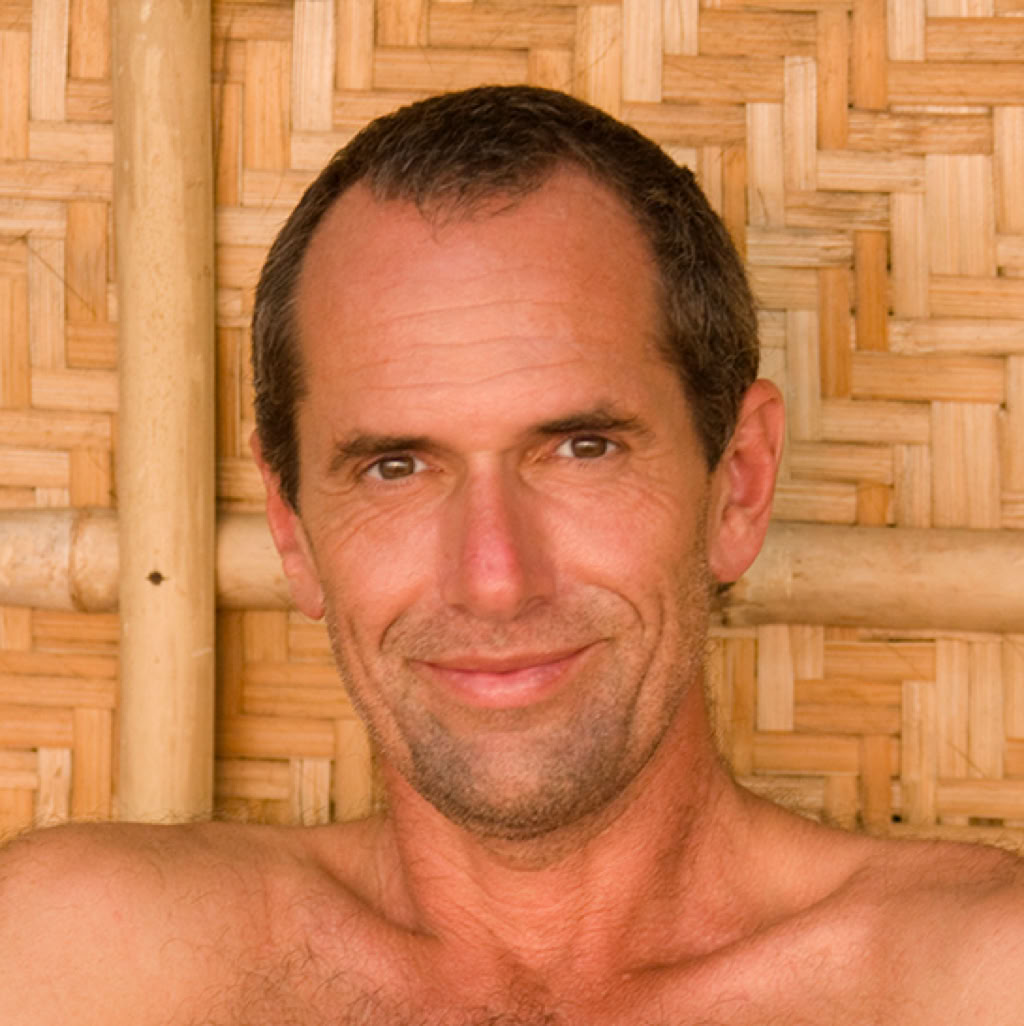02/07/2017
I am sitting in a café by the sea. I know this place well and returning here calls forth memories of days gone by.
In particular, I remember a day, six years ago, when I was sitting in this café having breakfast. A woman walking down the street caught my attention and I invited her to join me for a coffee. Although we had little language in common, there was an immediate rapport between us. A day of closeness, of intimacy, followed on the beach. And a few more days of melting after that.
There was a reason this woman was so open to connection: she had breast cancer, which had already spread to her skin and elsewhere, despite her having had one breast removed. She was trying to maintain hope of recovery but, deep down, she knew that her time was limited.
I saw her once more, a couple of months later, when she invited me to visit her in her home town in Spain. It was clear to me that the cancer had spread. And knowing that death was coming, all she really wanted was to feel the intimacy of being with someone, of being touched by someone, of making love with someone.
She died four months later, at the age of forty-two.
Since that beautiful encounter, I have often wondered about the tendency most of us have to isolate ourselves; so many of us are quick to judge others, usually in a negative light.
I wonder how we would feel towards each other if we had some awareness of our mortality. Surely we would be more accepting of one another, more forgiving, more appreciative, more loving.
We would do well to remember, every day, that we are lucky enough to be here, that one day in the not-too-distant future, we no longer shall be.

